Table of content
How to Pass Employment Personality Tests: 8 Must-Know Tips
Learn how to pass employment personality tests with 8 practical tips. Understand common assessments, prepare effectively, and ace your next job application.
Want to know how to pass an employment personality test and stand out in today's competitive job market? While there are no right or wrong answers, the way you approach these tests can influence how well you do. In this article, we'll provide eight essential tips to help you prepare confidently and authentically.
What Are Employment Personality Tests
An employment personality assessment, also known as a personality test for employment, is a standardized evaluation that measures an individual's workplace-relevant behavioral traits, preferences, and attitudes. Unlike skill-based tests, which evaluate what you know, these evaluations seek to determine who you are and how you generally behave in professional circumstances.
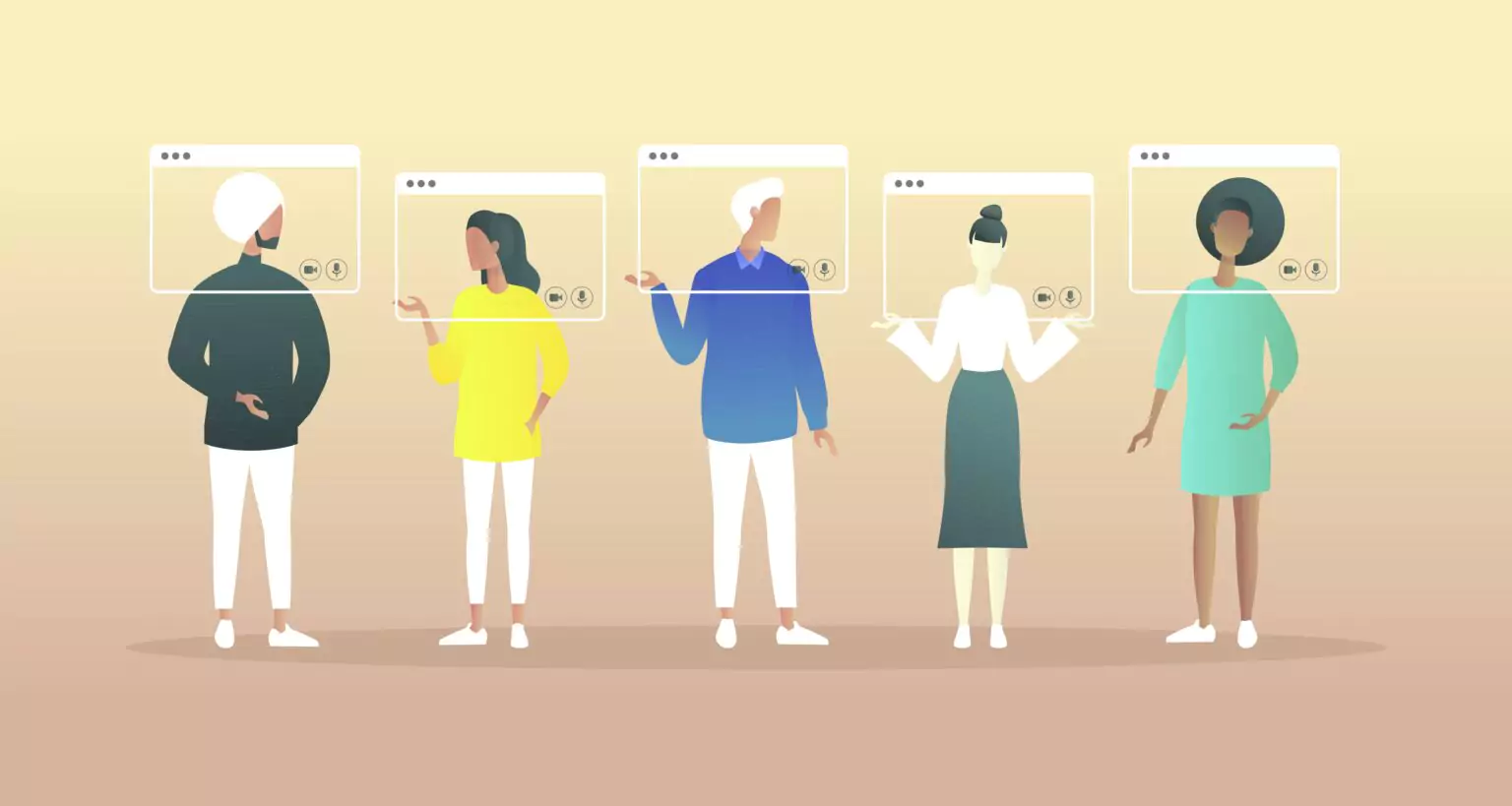
Why Do Employers Use Personality Tests
The hiring landscape is more competitive than ever. Companies aren’t just racing to fill roles - they’re under pressure to hire the right people faster and reduce turnover. As job seekers grow more skilled and mobile, making the wrong hire becomes more costly. In response to this pressure, many companies have added employment personality tests to their screening process.
Employers integrate these tests into their personality test hiring process for several strategic reasons:
1. Predict Job Performance
Certain personality traits have a high relation with performance in specific occupations. For example, a sales position may benefit from extroversion and resilience, but an accounting position may call for attention to detail and meticulousness. Understanding how to pass an employment personality test generally entails understanding what characteristics are desired for a specific role.
2. Evaluate Cultural Compatibility
Companies aim for trait-based recruitment, which is hiring people whose values and working styles are consistent with the organization's culture. This approach contributes to better job-role alignment and fosters a more harmonious, productive work environment, lowering tension and enhancing overall collaboration among employees.
3. Minimize Turnover and Hiring Costs
By selecting individuals who are a good fit from the start, both in terms of abilities and personality, businesses may reduce the risk of early departures, saving time and money on recruitment and training.
4. Identify Strengths and Weaknesses
Assessments can provide significant information about a candidate's potential strengths and areas for development. This information can then be used to provide targeted training, mentorship, and strategic team placement.
5. Standardize the Hiring Process
Personality tests provide objective data that may complement resumes and interviews, reducing unintentional bias and ensuring a more fair, consistent evaluation of all candidates. This objective data can also help you answer personality test questions more efficiently.
Can You Really “Pass” a Personality Test?
Unlike traditional exams, which have a right or wrong answer, personality tests do not have a strict pass or fail level. Instead, responses are evaluated against a profile of characteristics considered suitable for the job function and company culture. So, rather than asking how to pass a job personality test, consider developing great alignment.
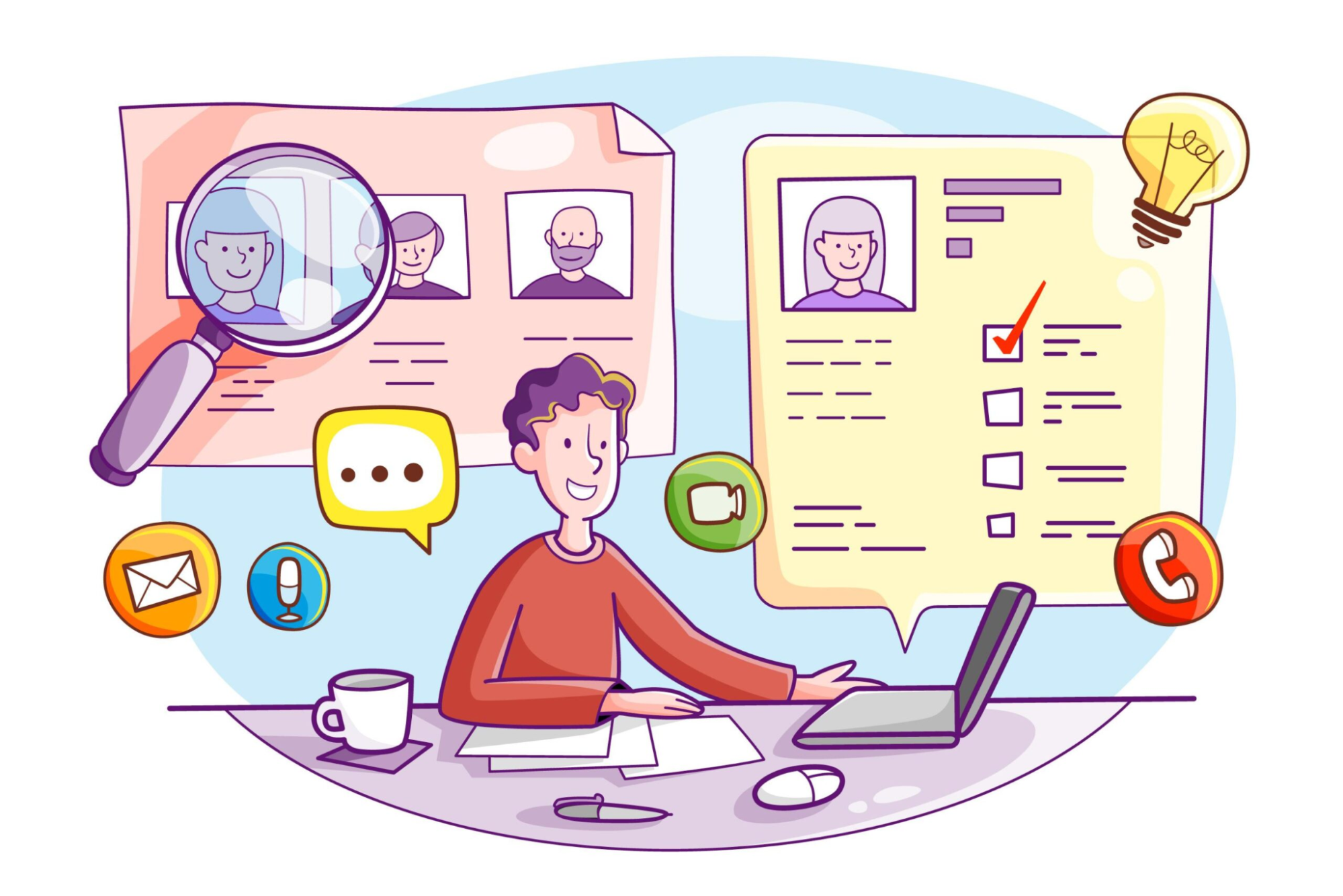
The goal isn't to trick the test or pretend to be someone you're not. It's about understanding what the employer is seeking and presenting your real self in a way that shows your most relevant strengths and how they relate to the job's needs. A "good" result means your personality profile closely matches the desired traits for the role.
For those asking what a personality test for employment is and how to approach it, the key is preparation and self-awareness. The best way to "pass" is to show that your natural characteristics make you an excellent fit for the job and company culture.
8 Tips To Ace the Personality Test
There is no secret to passing an employment personality test. However, by following these eight principles, you can increase your performance and confidence on any job application personality test.

1. Research the Role and Company Culture
Candidates should carefully read the job description, paying close attention to terms that indicate desired behaviors, talents, and traits (such as "team player," “detail-oriented”, “proactive”, and “resilient under pressure”). Beyond the job description, consider the company's values, mission statement, and overall culture. You can read their "About Us" page, social media, and employee reviews on websites such as Glassdoor. You ought to determine whether the organization values innovation, teamwork, customer service, or autonomy. Understanding these elements will provide a clearer understanding of the ideal applicant profile.
2. Reflect on Your Own Work Style
Individuals should think about how they naturally approach tasks. There are some key questions to consider before taking the personality test:
- Are you a planner, or are you more spontaneous?
- Do you prefer working independently, or do you thrive in team-based environments?
- How do you typically respond to conflict in the workplace?
- How do you handle tight deadlines or pressure-filled situations?
Being aware of your real-world job preferences will help you respond consistently and truthfully, as well as actively highlight traits that are useful to the task. This self-awareness also helps you answer personality test questions more successfully.
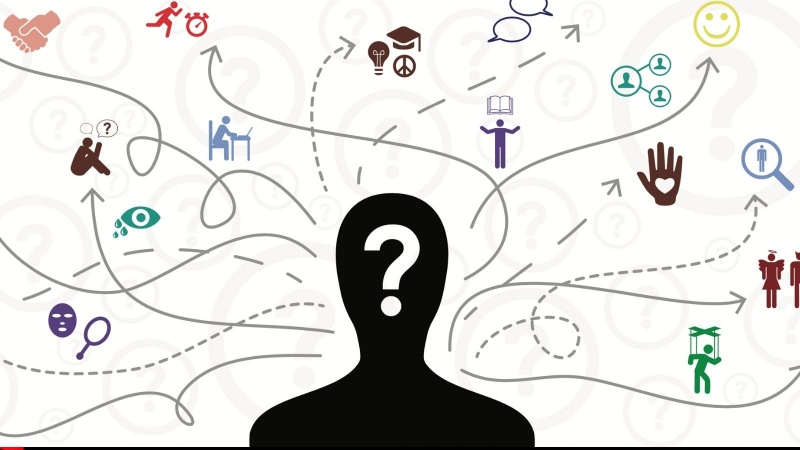
3. Read Questions Carefully
This instruction may appear obvious, yet it is critical. Personality test questions might be nuanced or repetitive because they are intended to evaluate consistency. You must avoid skimming the questions and carefully analyze their consequences before responding. Pay particular attention to qualifiers such as “always”, “never”, “sometimes”, and “rarely”. Understanding how it works teaches you how to pass an employment personality test.
4. Avoid Extreme Responses
Many personality tests use a Likert scale with options ranging from “Strongly Agree” to “Strongly Disagree”. While choosing extremes may feel natural, regularly selecting “Strongly Agree” or “Strongly Disagree” can sometimes be perceived as inflexible. Unless you have strong feelings about a statement, you should consider picking the intermediate options, such as “Agree”, “Disagree”, or “Neutral”. This approach can result in a more balanced and adaptive personality.
5. Manage Your Stress Before and During the Test
Test anxiety frequently affects decision-making. Before the test, make sure you're well-rested and in a calm, distraction-free setting. If you become overwhelmed during the test, take a small pause, breathe deeply, and then refocus your concentration. A peaceful mind will help you think clearly and consistently. Remember, this is an assessment, not an interrogation.
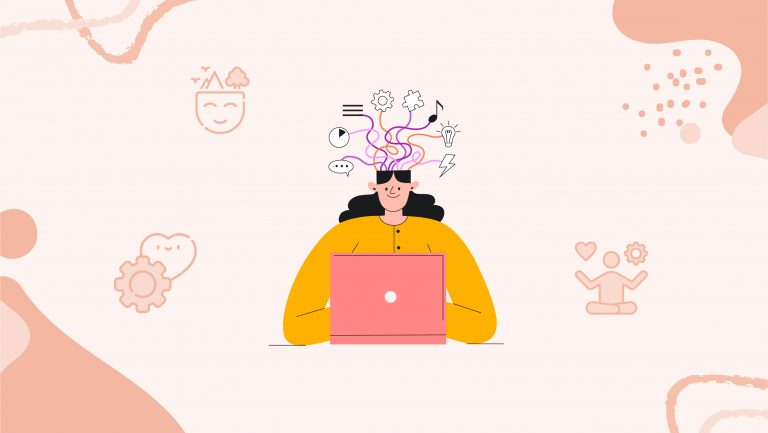
6. Be Consistent and Honest in Your Answers
Personality tests usually feature similar questions phrased differently to assess consistency. If you try to "game" the test by giving answers that you believe the employer wants to hear without actual alignment, you risk appearing inconsistent. Inconsistencies can be recognized by test software, which may raise red flags with recruiters. While you should strive to emphasize relevant strengths, do so within the context of your actual personality. Authenticity, paired with strategic alignment, is key for how to pass employment personality test.
7. Manage Your Time Effectively
While it is necessary to read questions carefully, do not spend too much time on any single question. Most personality tests are timed, so be sure you finish all sections. If you find yourself stuck, use your best judgment and go to the next question.
8. Don't Overthink Every Question
People can easily get caught in a loop of analyzing every possible interpretation of a question. You should trust your initial instinct. The exams are intended to test your regular responses, not to fool you with difficult logic problems. Overthinking can cause inconsistency and unnecessary tension. You should answer honestly and then proceed.
For example, if you're interviewing for a Marketing Manager position and encounter a question like, "Do you prefer working independently or as part of a team?", your first thought might be, "A marketing manager needs to do both!" While true, overthinking could lead you to try to craft an overly nuanced answer that attempts to cover every base, potentially making your response sound less confident or even contradictor
Common Types of Personality Tests in Workplace
To know how to answer personality test questions, you need to get familiar with the different types of assessments employers use. Although there are many assessments out there, the following are among the most commonly used personality tests in hiring today:
1. DISC Personality Assessment
The DISC test measures behavior across four dimensions: Dominance, Influence, Steadiness, and Compliance. Employers often use DISC to evaluate how well you might function in a team, communicate with others, and respond to challenges.
To prepare for DISC, you can take a practice personality test for employment that mirrors this format to become more comfortable with the question style and tone.
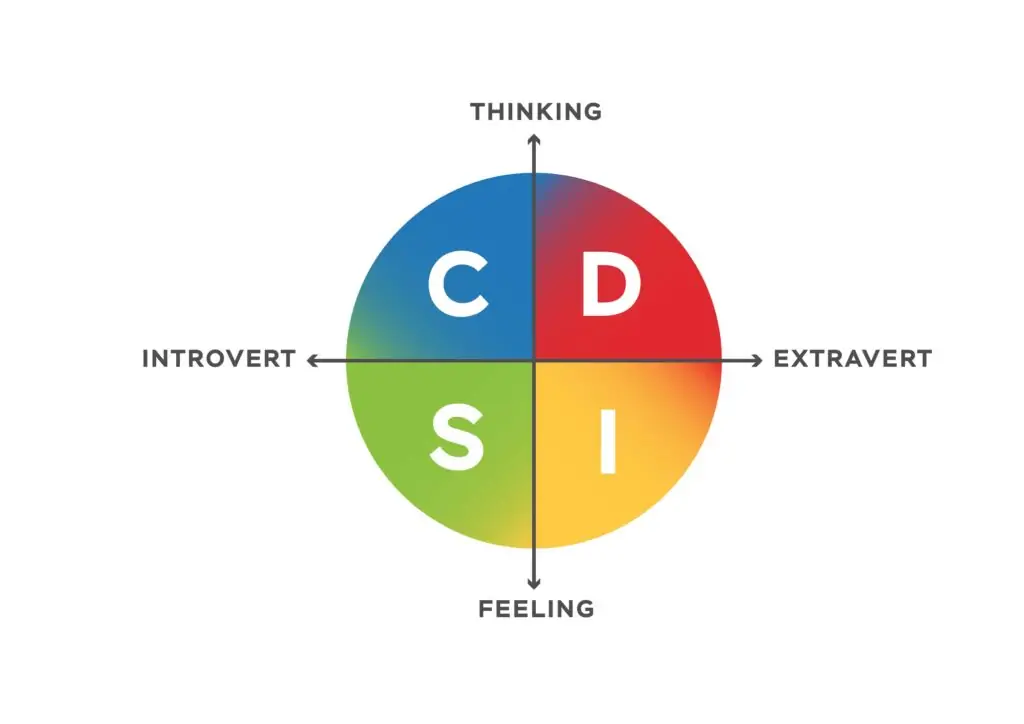
For a deeper dive into specific models, you may want to explore a detailed comparison of the Enneagram and DISC personality tests for workplace insights.
2. Big Five Personality Test (OCEAN)
Also known as the Five-Factor Model, this test looks at Openness, Conscientiousness, Extraversion, Agreeableness, and Neuroticism. It's one of the most research-backed frameworks and is widely used in workplace assessments. Understanding how your personality aligns across these five dimensions can help you recognize what roles and environments are a natural fit - a key part of learning how to pass employment personality test in a meaningful way.
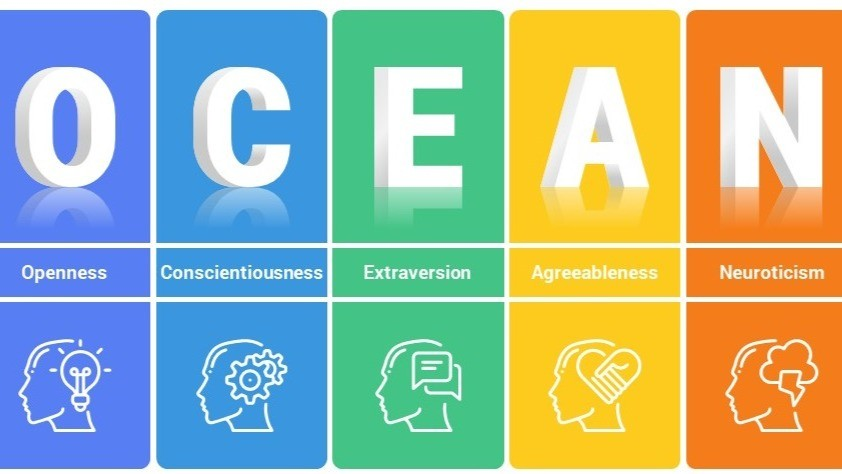
3. Myers-Briggs Type Indicator (MBTI)
MBTI categorizes individuals into 16 personality types based on preferences like Introversion vs. Extraversion or Thinking vs. Feeling. While some companies still use MBTI, it's more common in team-building or leadership coaching rather than as a sole hiring tool.
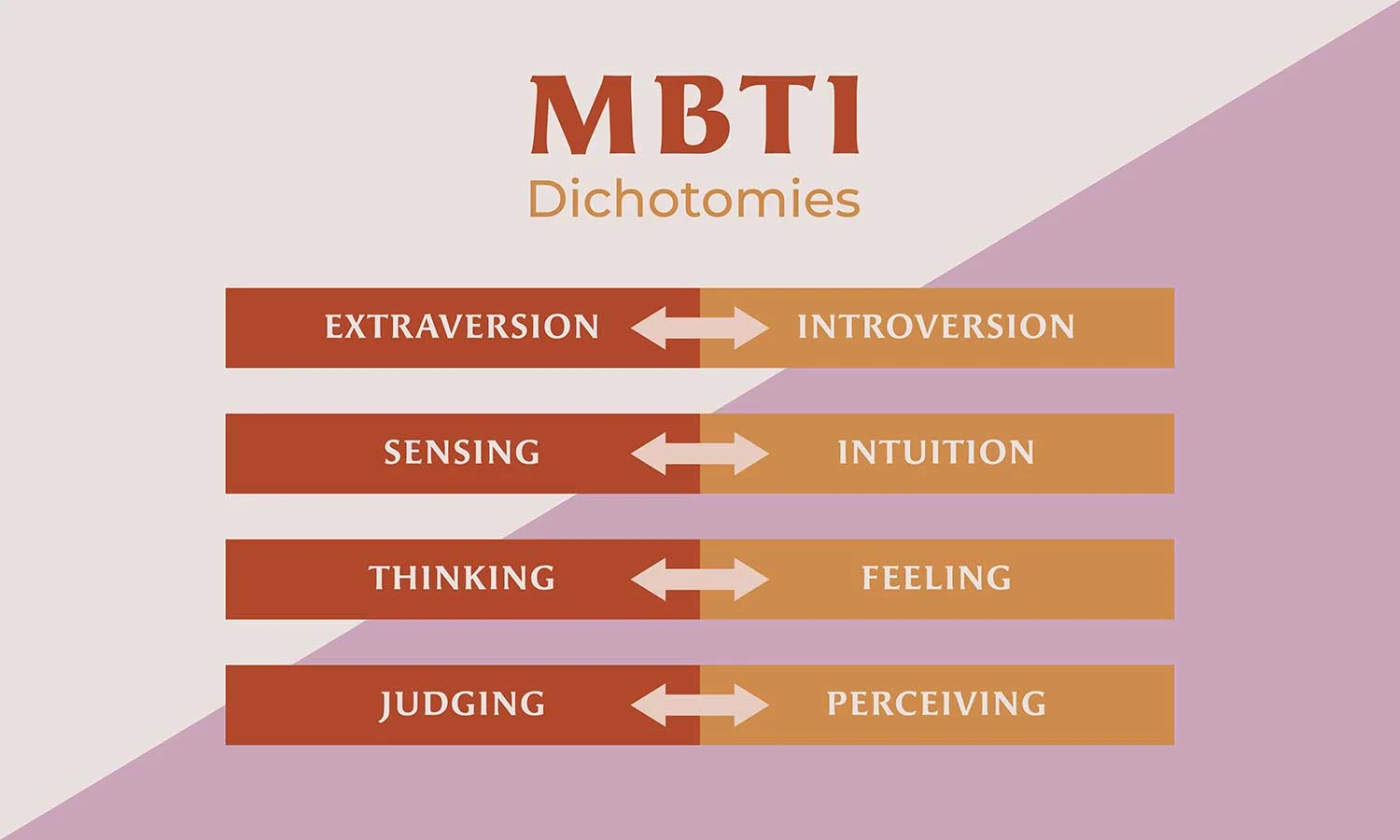
Should You Prepare For Personality Test
You could believe that personality tests are all about instinct and that preparation is unnecessary. While these exams are designed to measure natural behavior, that does not imply you should go in unprepared.
The secret to how to pass employment personality test is not to "cheat" the system. It is rather to approach the test with clarity, focus, and self-awareness. The better you understand yourself and the job you're applying for, the more likely your responses will be aligned.
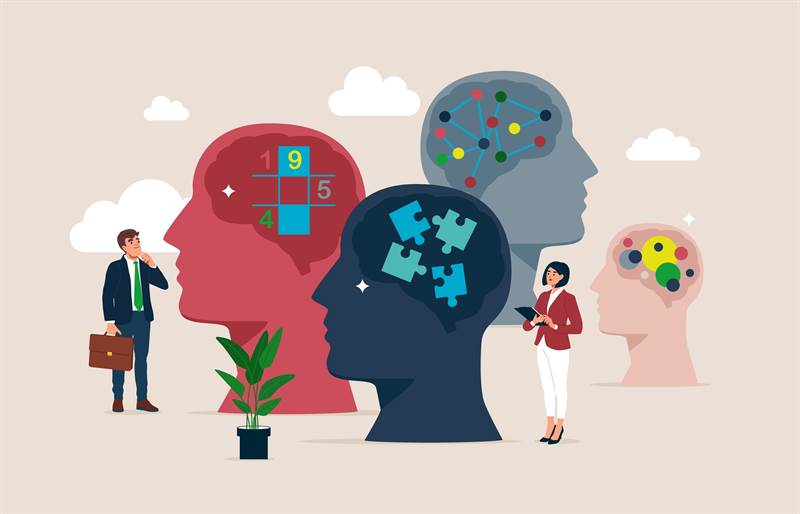
Preparation helps you:
- Recognize patterns in your typical responses.
- Avoid providing inconsistent or conflicting responses.
- Feel more comfortable and confident during the test.
One of the best ways to prepare is to take a practice personality test for work. These practice sessions will not provide you with a script to follow, but they will help you become comfortable with common question styles, identify behavioral trends, and reduce exam anxiety.
Final Thoughts
Personality tests are not about passing or failing; they are about discovering alignment. Still, learning how to pass an employment personality test requires understanding what is being examined and responding with self-awareness. Rather than attempting to game the system, focus on reflecting your real skills in a way that is suitable for the role. The goal is not to be perfect. It is to present oneself in a consistent, thoughtful way that allows both you and the employer to assess if you are a good fit for the position.
FAQs
Can you fail a personality test for a job?
Technically, personality tests do not have a "pass" or "fail" result. However, your results may indicate that your characteristics do not correspond well with the needs of the role, which may impact your chances of moving further in the hiring process.
How long does a personality test usually take?
Most personality tests last between 15 and 30 minutes, depending on the structure and number of questions. Some more extensive tests, such as the Caliper Profile or Hogan, might take up to an hour.
What is the best personality test to prepare with?
There is no single "best" personality test, as companies use a range of tests. However, familiarizing oneself with tests based on the Big Five Personality Traits (OCEAN) is highly recommended, as this generally accepted model supports many modern job assessments.
Is it better to answer what I think the employer wants to hear?
No. Attempting to guess the "right" response can backfire. Many tests aim to discover inconsistency or dishonesty. It is preferable to respond honestly and highlight the characteristics that are truly relevant to the role.
Do all companies use personality tests?
Not all, but an increasing number of businesses, particularly medium to big enterprises, use a job application personality test as part of their hiring process. These assessments are frequently utilized in positions that require teamwork, leadership, or communication skills.


Don't Let Your Potential Stay Hidden!
Take the DISC test today and discover your unique 'YOU', with deep insights into your true personality and potential.
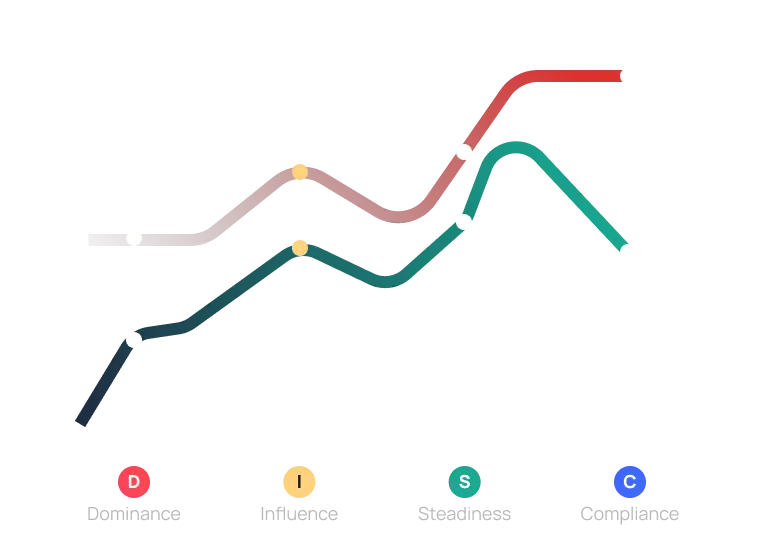
Represents your instinctive behaviors and desires.
Shows the behavioral tendencies you think you should exhibit in specific situations.
Related articles
You may also be interested in
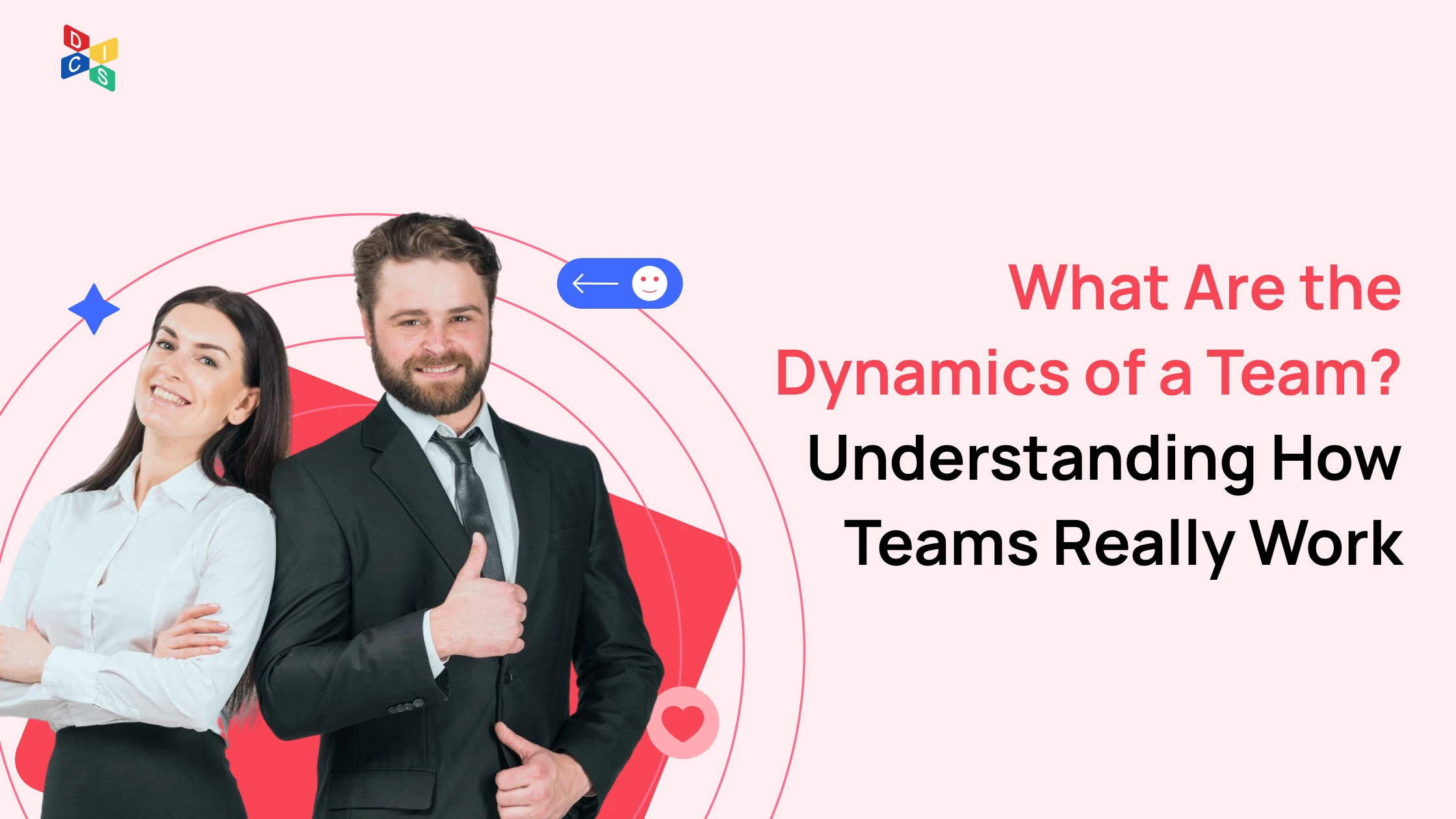 Self ExplorationDec 17, 2025
Self ExplorationDec 17, 2025What Are the Dynamics of a Team? Understanding How Teams Really Work
Discover what are the dynamics of a team and how they impact team performance. Learn how communication, roles & personality differences boost collaboration.
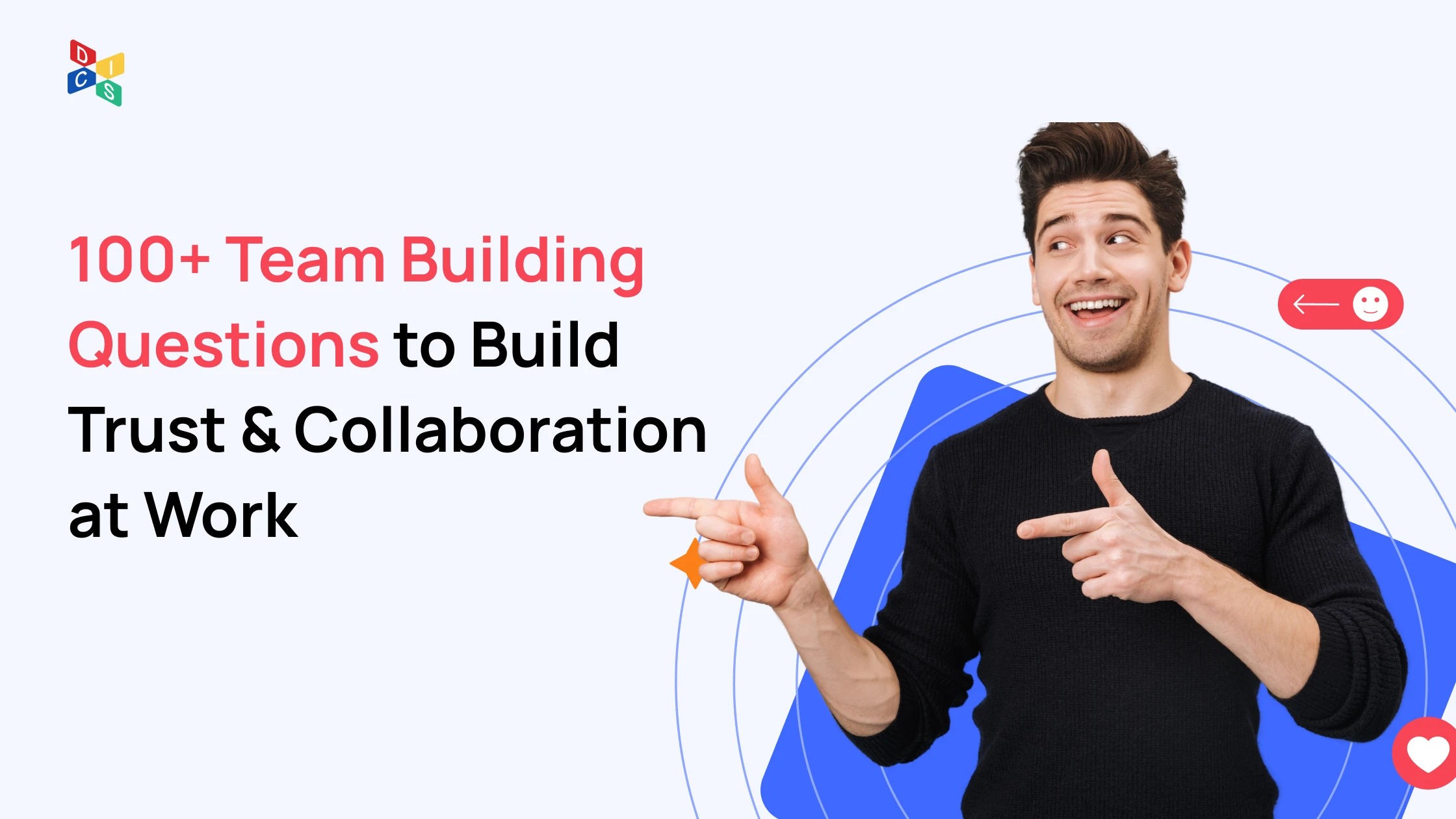 Self ExplorationDec 16, 2025
Self ExplorationDec 16, 2025100+ Team Building Questions to Build Trust & Collaboration at Work
Explore effective team building questions to boost connection, trust, and collaboration in your team. Engage everyone and strengthen your team's dynamics today!
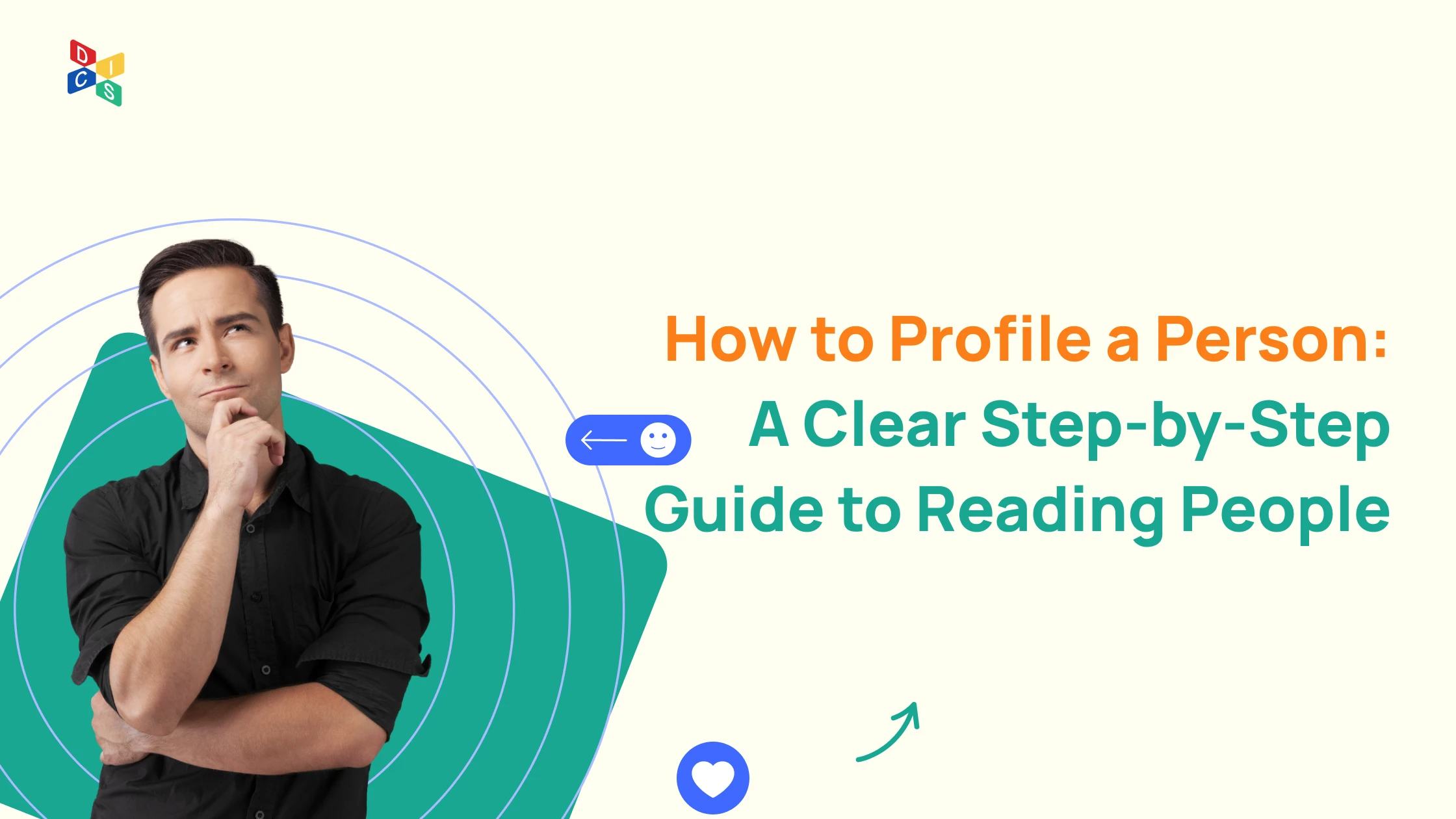 Self ExplorationDec 10, 2025
Self ExplorationDec 10, 2025How to Profile a Person: A Clear Step-by-Step Guide to Reading People
Learn how to profile a person step-by-step. Master practical techniques to read behavior, understand motives, and identify personality patterns accurately.
